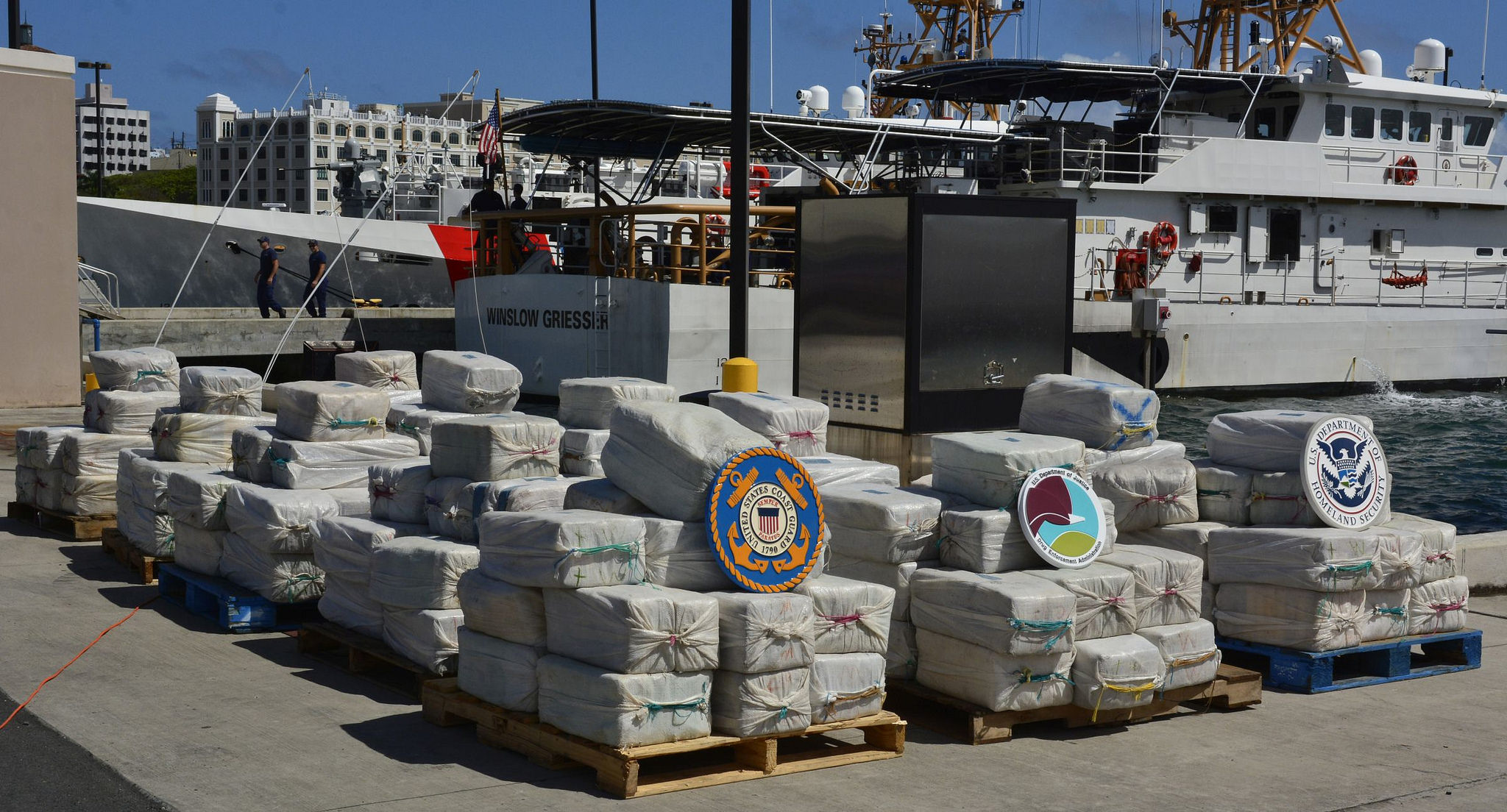End the Drug War or Throw Good Money after Bad

Sell drugs, get the death the penalty—just the latest policy proposal that politicians are desperately scurrying to in their futile attempt to win the Drug War.
President Donald Trump floated this idea at a rally in Pennsylvania this past weekend, citing China and Singapore’s efforts to combat drugs as viable examples for the United States to follow. Sensationalism aside, Trump has proposed harsher penalties such as lifetime sentencing for drug dealers and the death penalty as an option for dealers that have committed actual murders.
Akin to Attorney General Jeff Sessions’s decision to rescind the Cole memo earlier this year—an Obama-era policy that instructed federal law enforcement to respect state marijuana legalization—Trump’s recent comments illustrate a major disconnect with the reality of the Drug War.
While governments do have a basic responsibility to protect their citizens from the criminal actions of entities like drug cartels, their reliance on prohibitionist tactics such as drug interdictions or stiffer penalties such as mandatory minimums for drug offenders fail to address the underlying issue at hand: drug prohibition itself.
The economics of prohibition illustrates the disaster that is the Drug War. When drug interdictions are carried out, the subsequent supply reduction pushes up the market price of drugs. This environment of artificially high prices generates additional profit opportunities for shady outfits like drug cartels to conduct business in a ruthless manner that is not seen in normal, white-market operations. From the bribing of public officials to the settlement of disputes with raw displays of violence, cartels take full advantage of prohibition to carry out their socially destructive agenda.
In the same vein, the underground nature of black-market drug sales creates incentives for supplying substances of suspicious quality. Economist Mark Thornton uses the concept of the “Iron Law of Prohibition” to explain how prohibition inevitably leads to lower quality, yet more dangerous drugs. In short, when governments increase penalties or enforcement on goods like drugs, a substitution effect to less pure versions of these drugs occurs.
Some of the most notable examples in US history include bathtub gin and crack cocaine, which wreaked havoc during their respective heydays in the drug market. Naturally, this is part and parcel of a market that is forced to go underground, where quality controls are few and far between and consumers have no viable means of voicing grievances when they purchase a substance of sub-standard quality.
On the other side of the aisle, prohibitionists commonly cite Singapore as an example of a country that uses hard-nosed policies to combat drug use and trafficking. Singapore does indeed rank among the safest countries in the world, but upon further inspection, her harsh penalties have not been effective in “winning” the Drug War.
Consider that Singapore’s death penalty for drug traffickers has had very little deterrent effect in terms of drug trafficking or drug use, with Singaporean government statistics revealing that the number of drug users has nearly doubled from 2003 to 2016. In fact, Singapore’s Southeast Asian neighbors—Laos, Myanmar, and Thailand—still remain hubs for drug production, further illustrating the power of globalized black markets.
Any time governments crack down on production or consumption of drugs in one area, producers will just set up shop elsewhere. World governments then play a futile game of whack-a-mole, where they try to stamp out cartels in one country, only to see drug operations shift to a neighboring country.
That being said, there are some positive nuances to Singapore’s approach to dealing with the question of drug abuse. In a letter to the editor in the Washington Post, Singapore’s ambassador to the United States, Ashok Kumar Mirpuri, notes his nation’s focus on rehabilitative efforts to treat drug addicts, which could serve as a positive alternative to the traditional top-down model of punishing drug use.
Over the last decade, several US states, such as Colorado and Washington, have taken concrete steps and legalized recreational marijuana. The results have shown great promise in crime reduction and economic growth.
With the Drug War’s failure now proven on a global scale, it’s high time for the US federal government to rethink its drug policies. President Trump should not only reverse course and disavow his death-penalty proposal; he should start advancing much-needed decriminalization efforts at the federal level in order to finally end the Drug War.
Drug addiction is ultimately a public-health concern, rather than criminality. Civil society, not government, should handle these matters.








